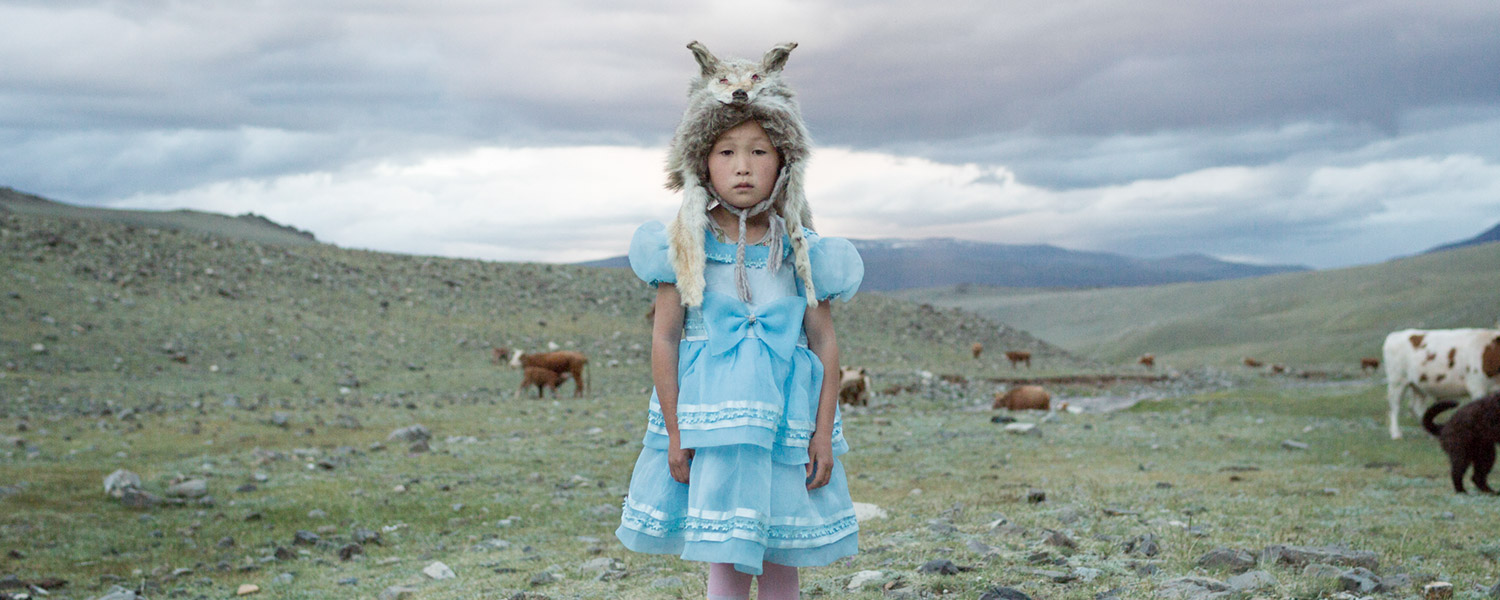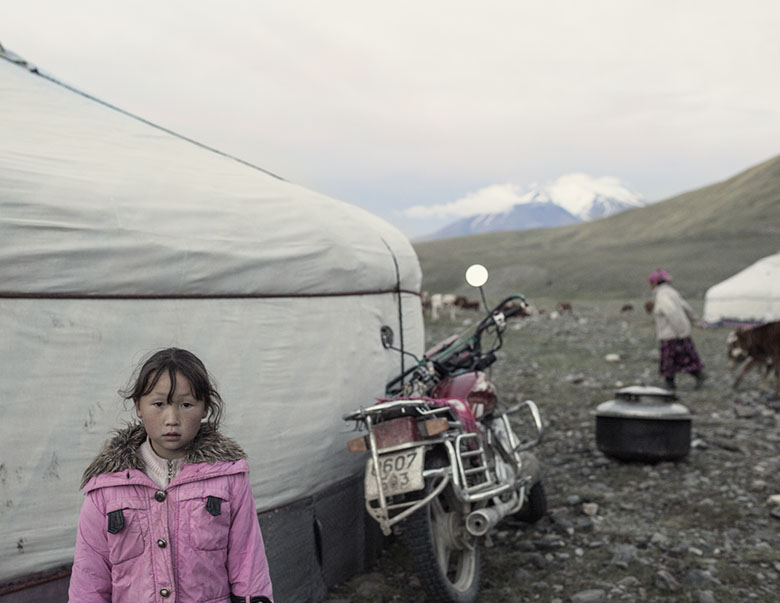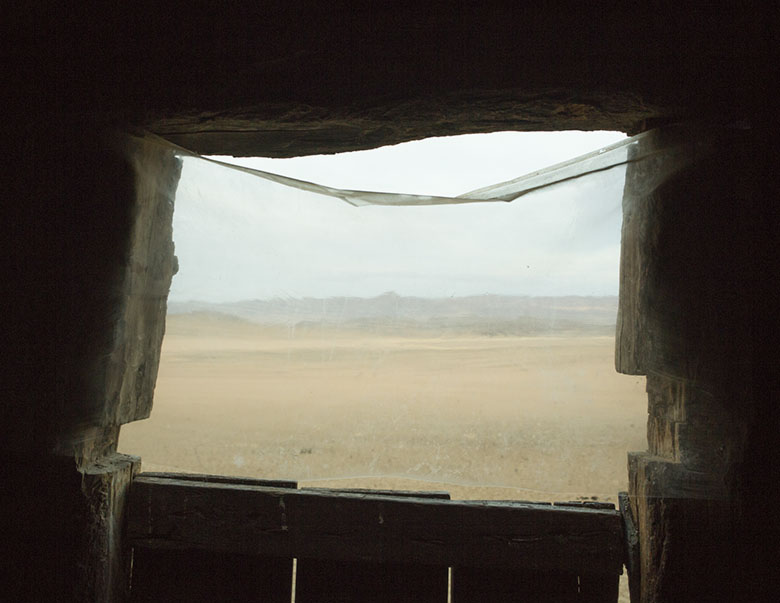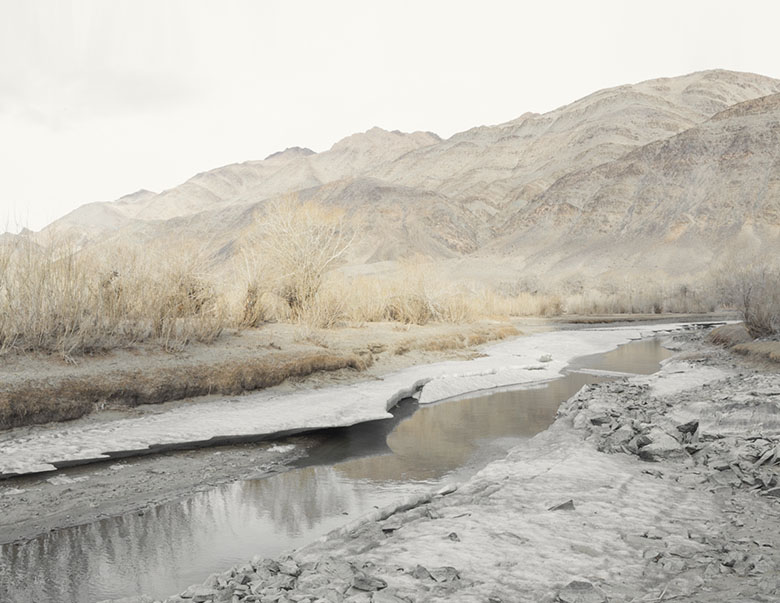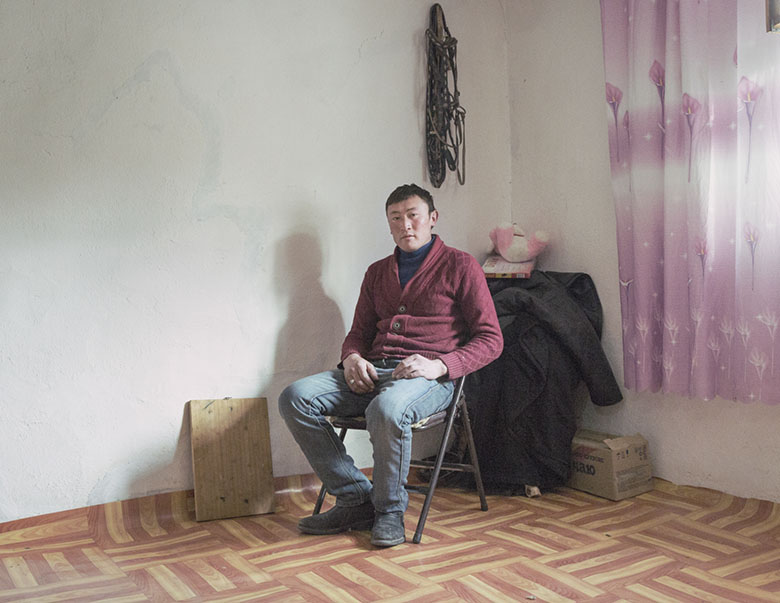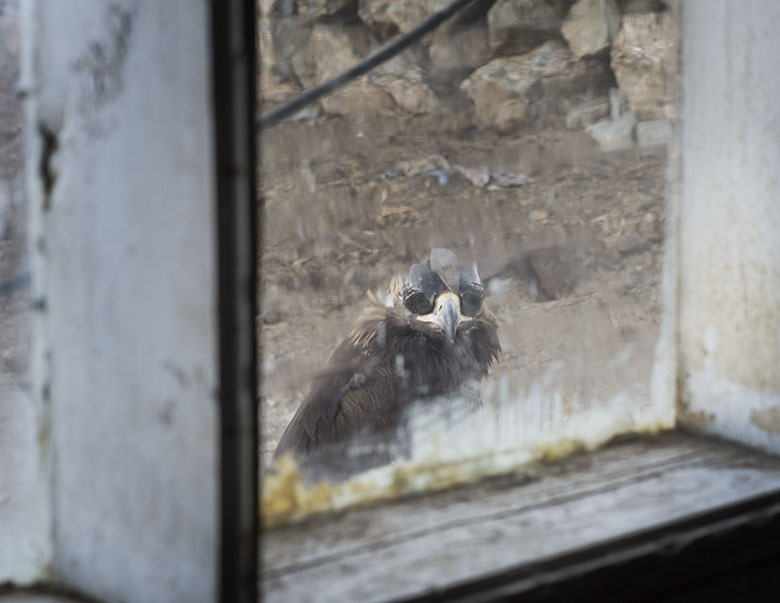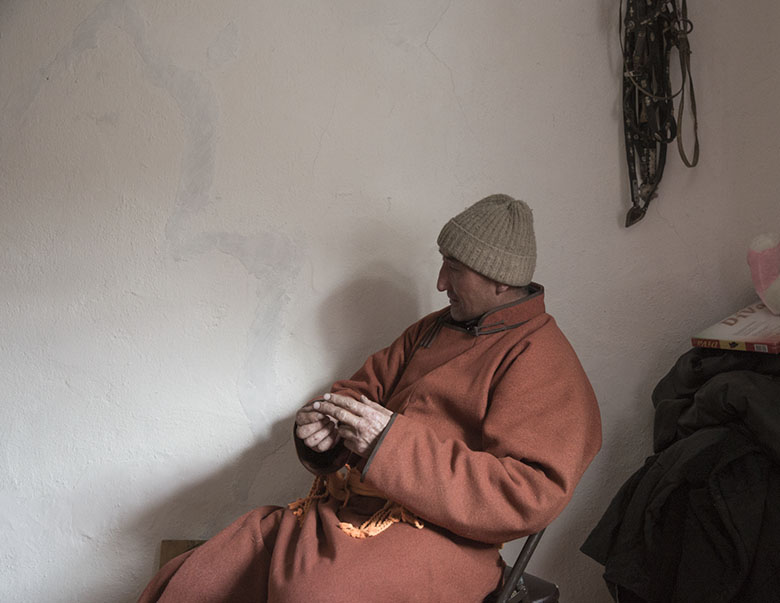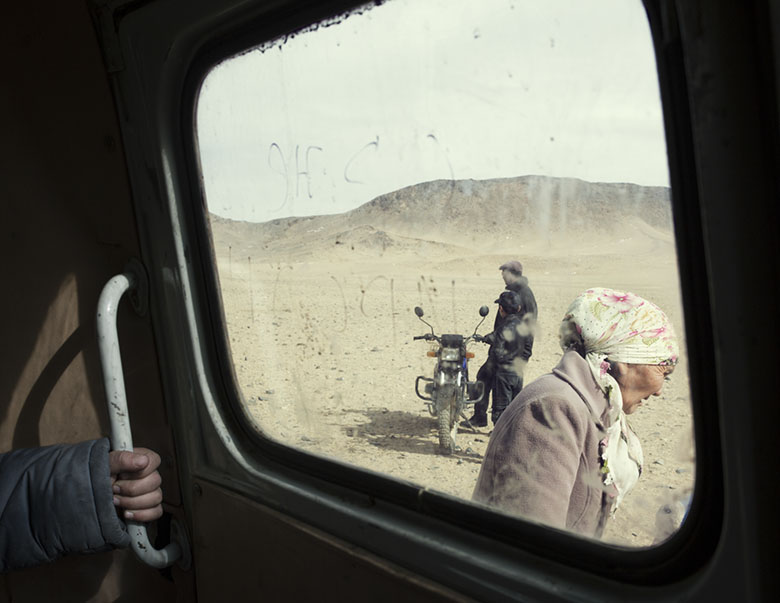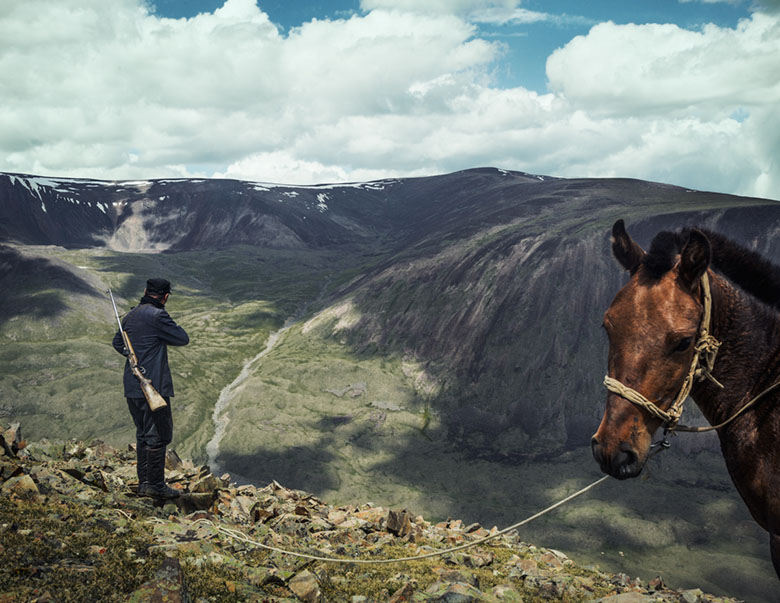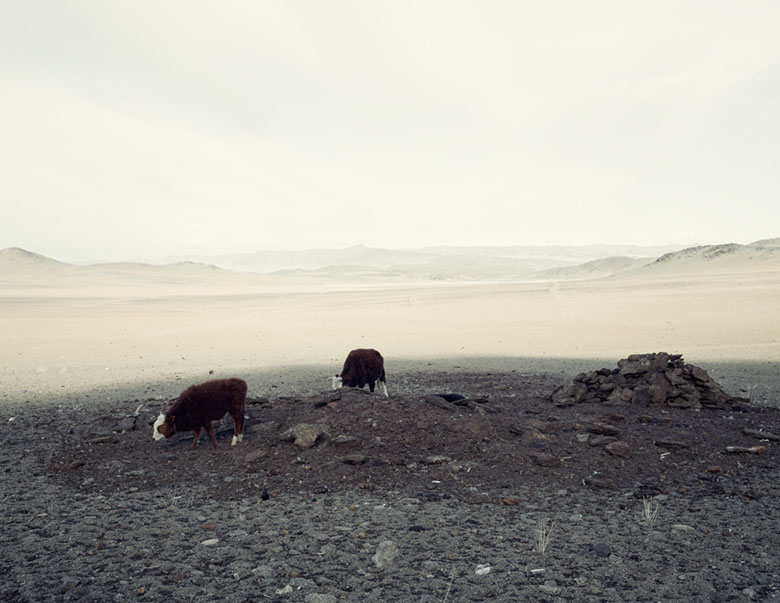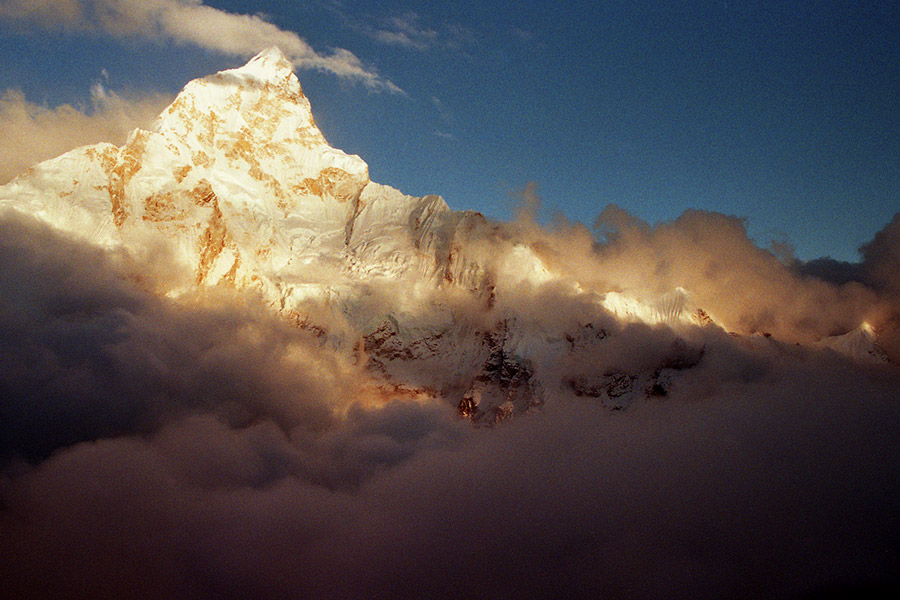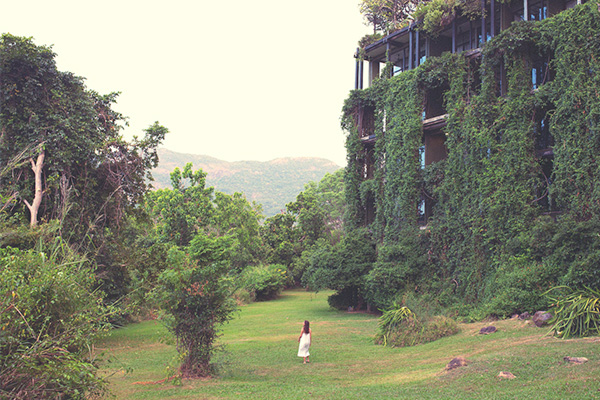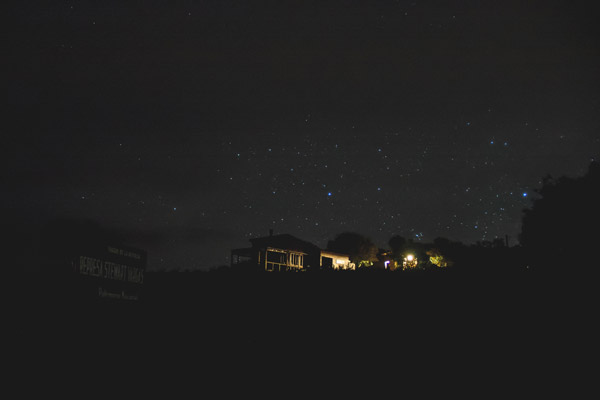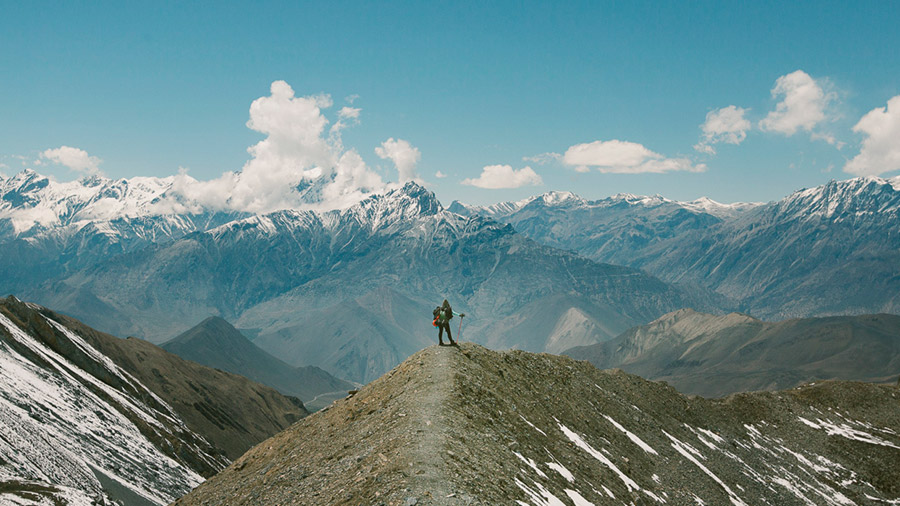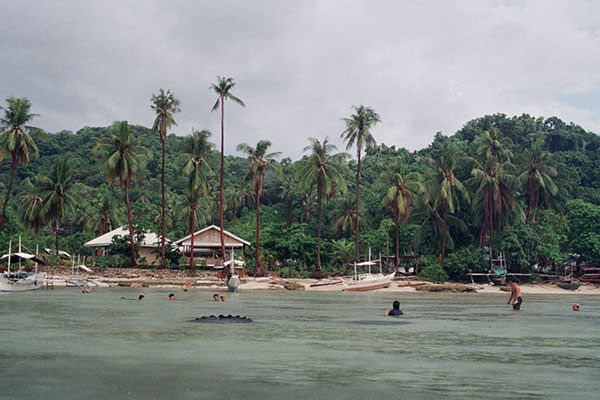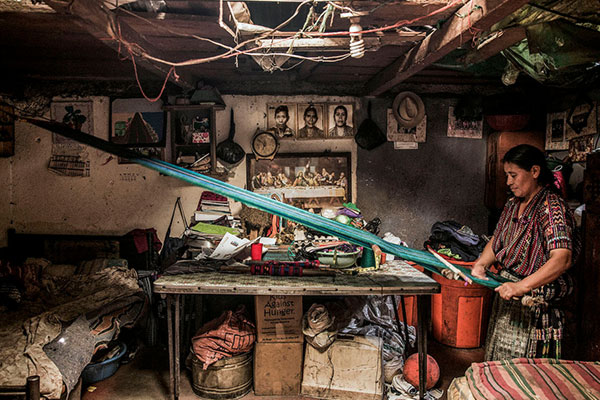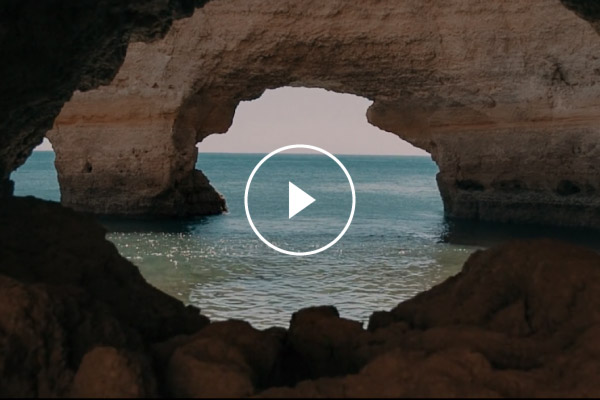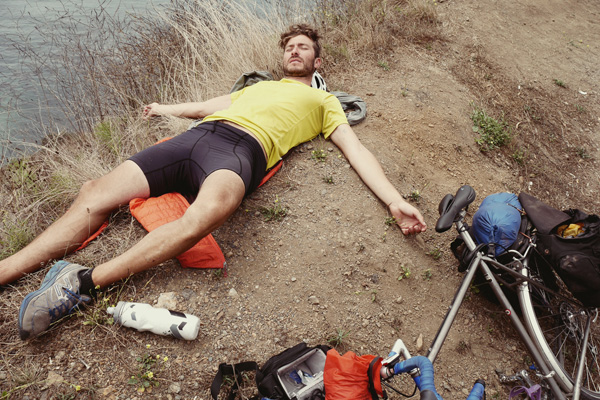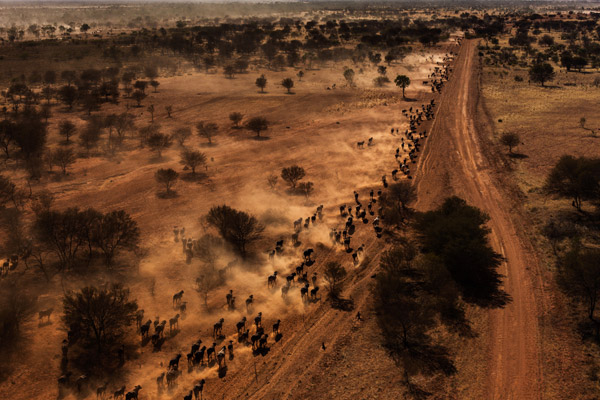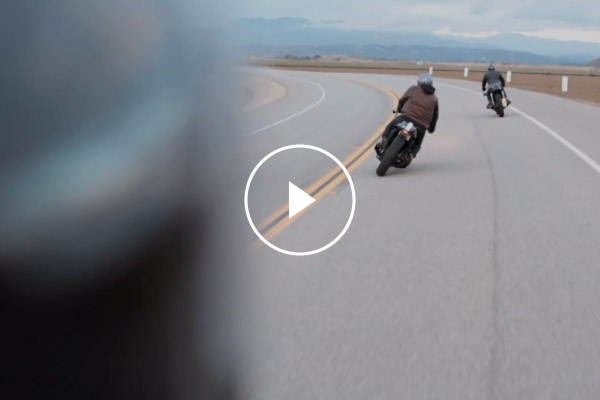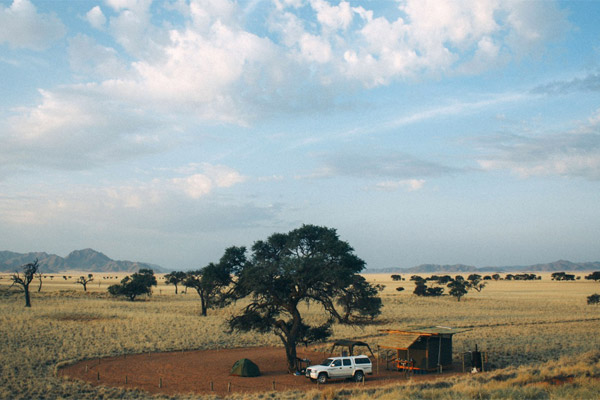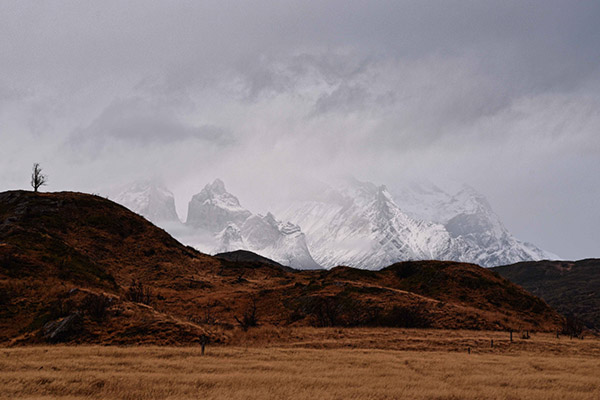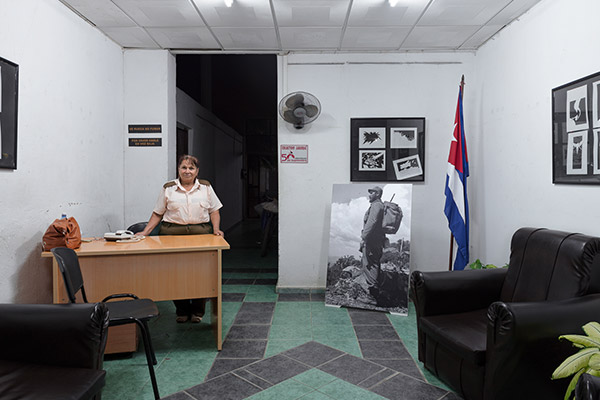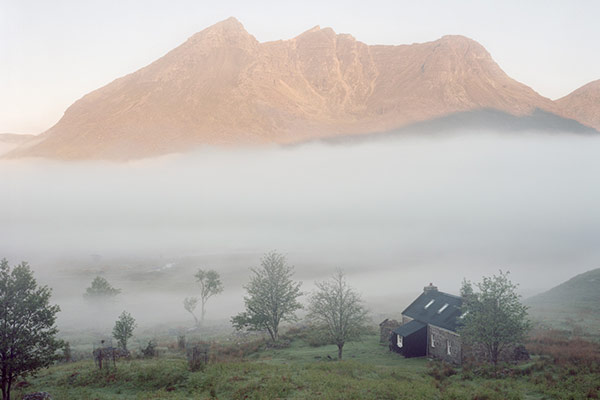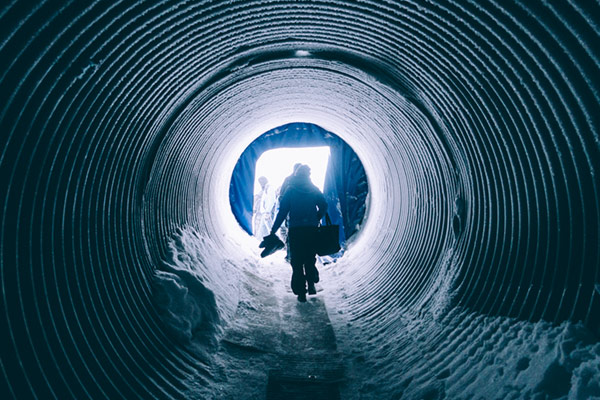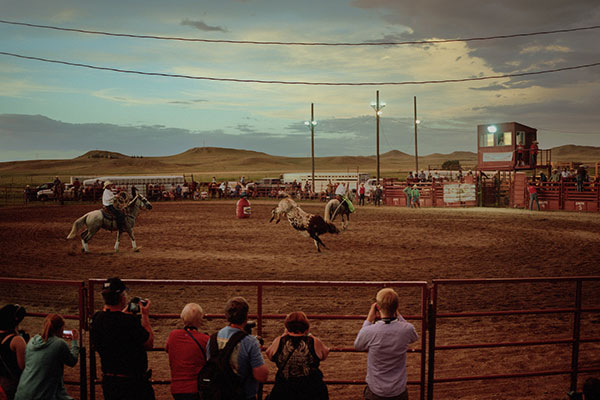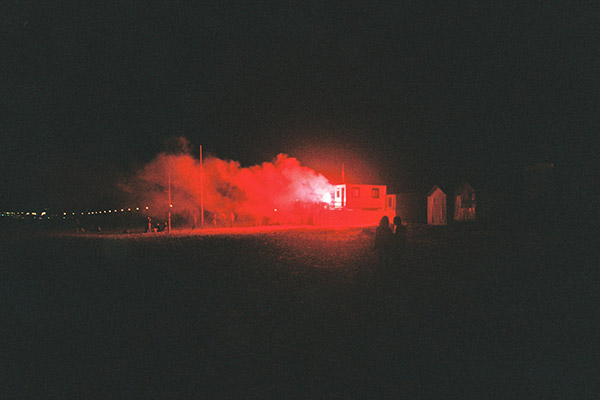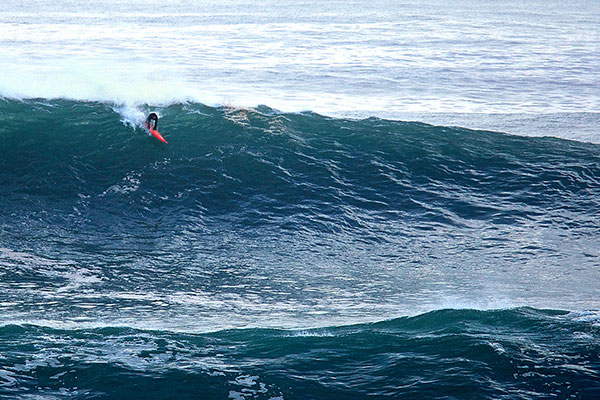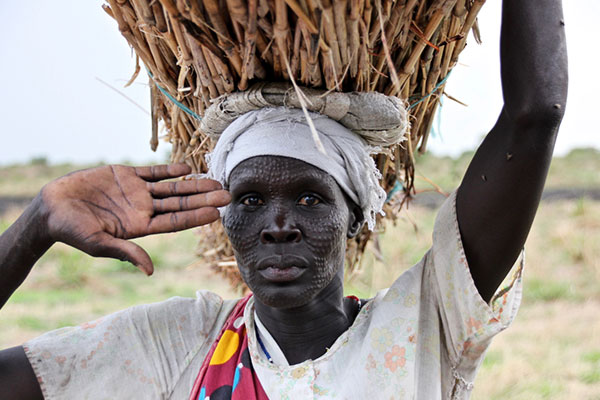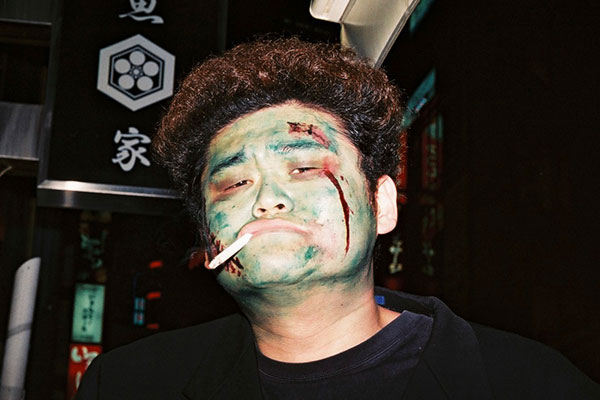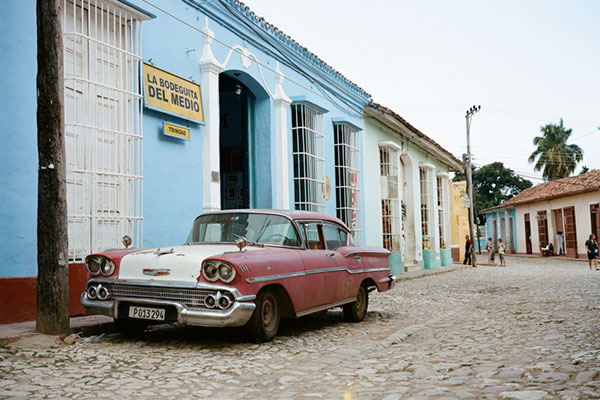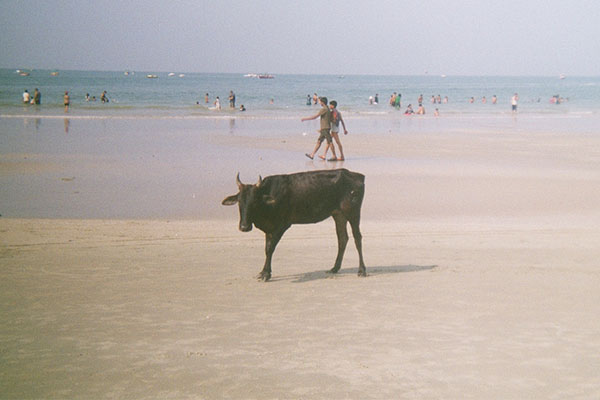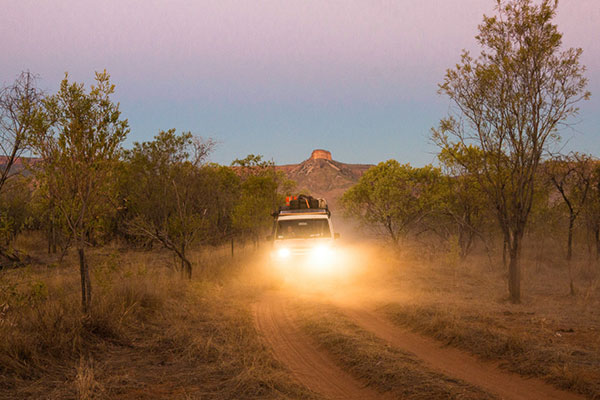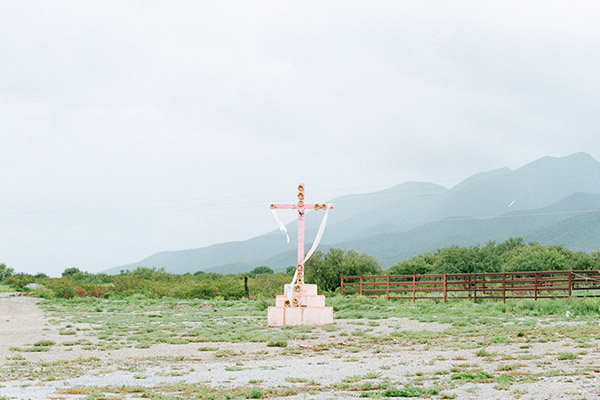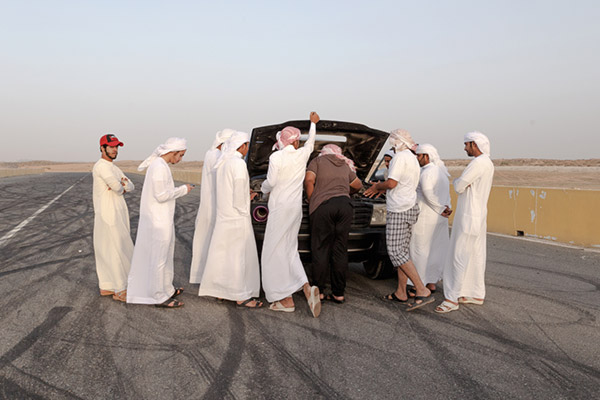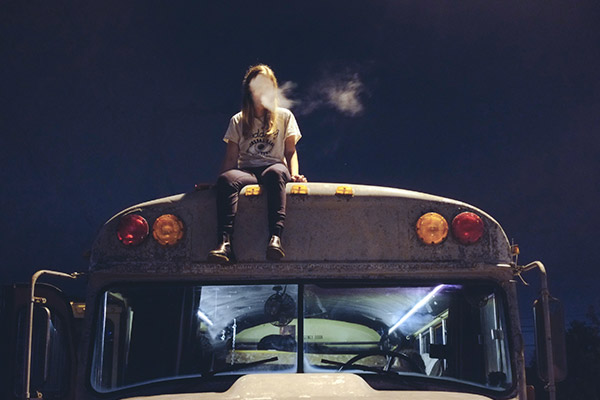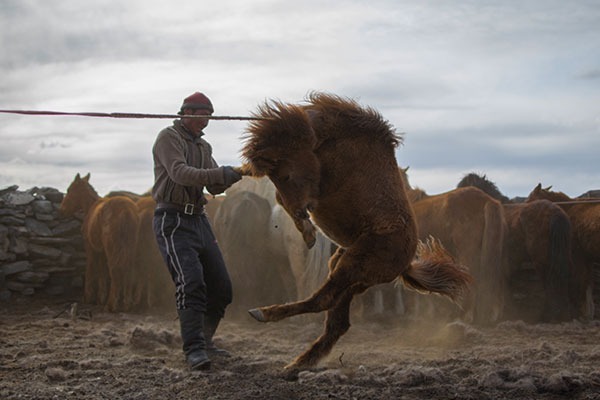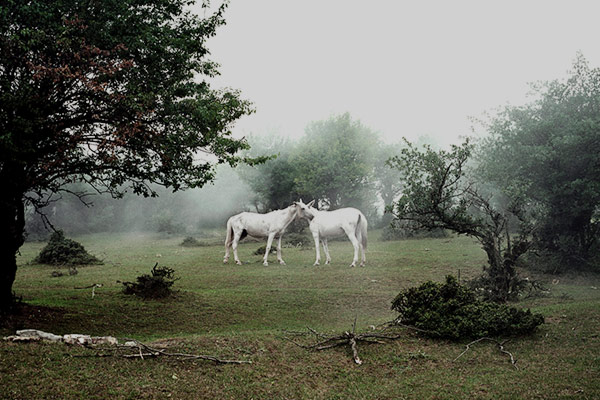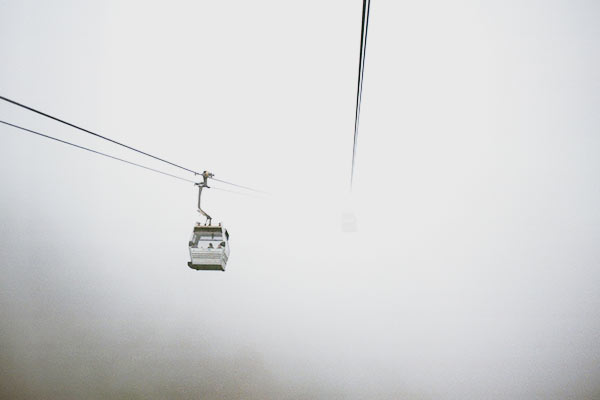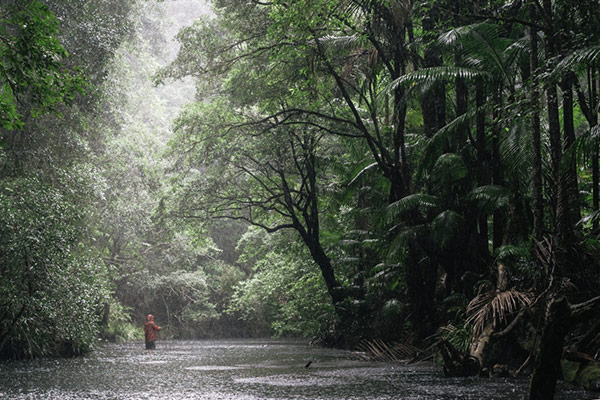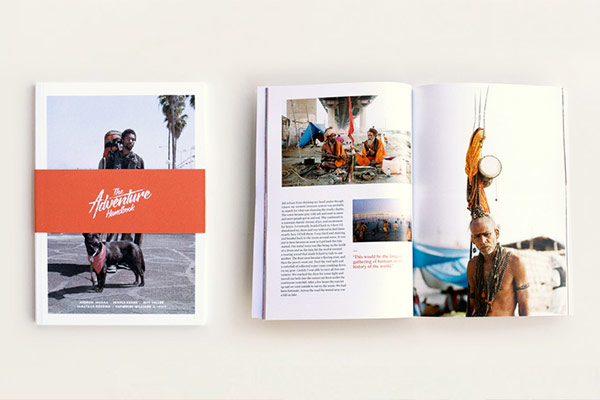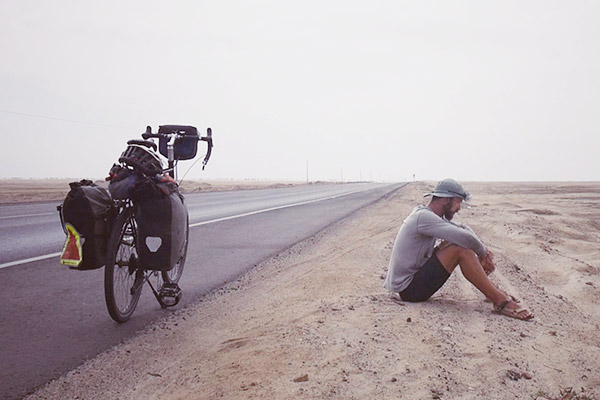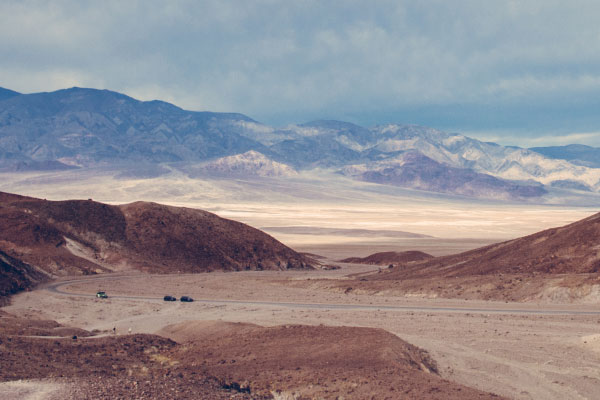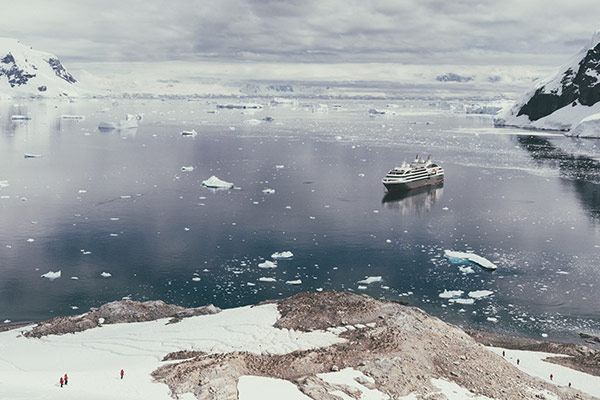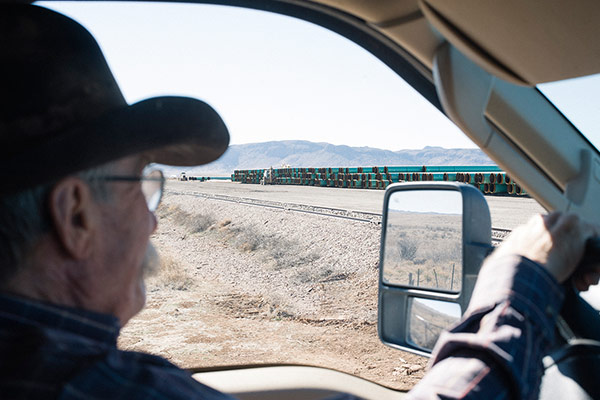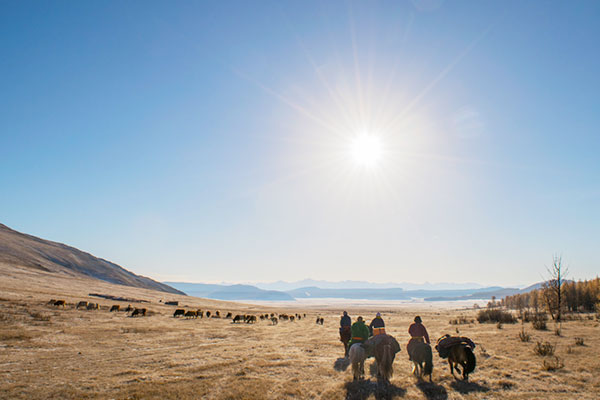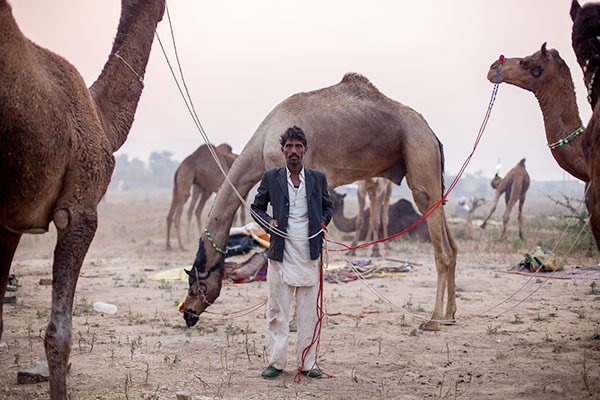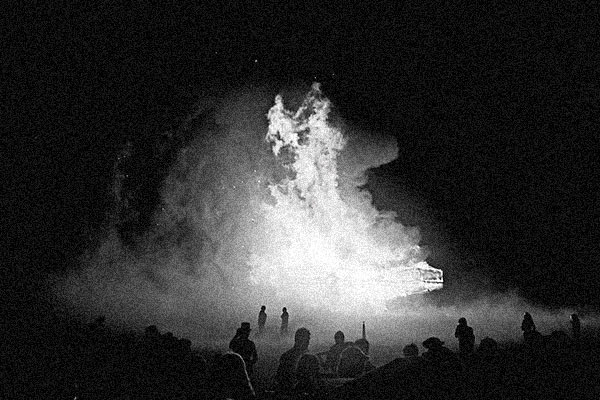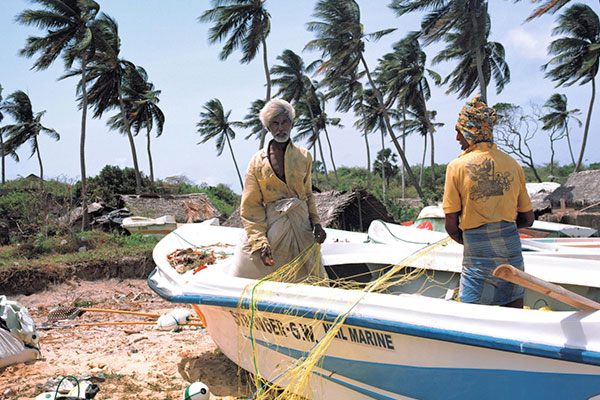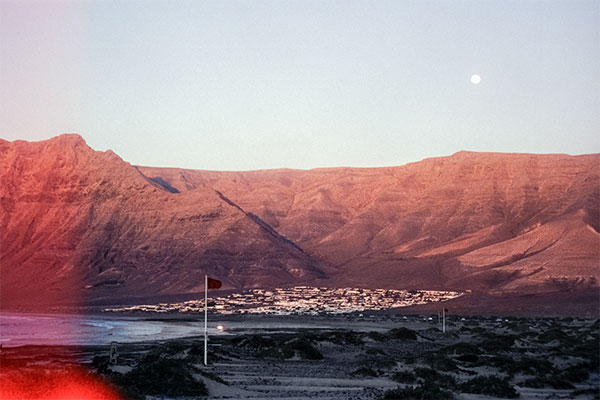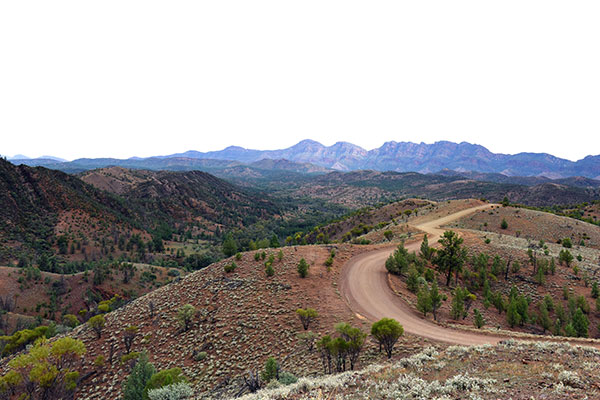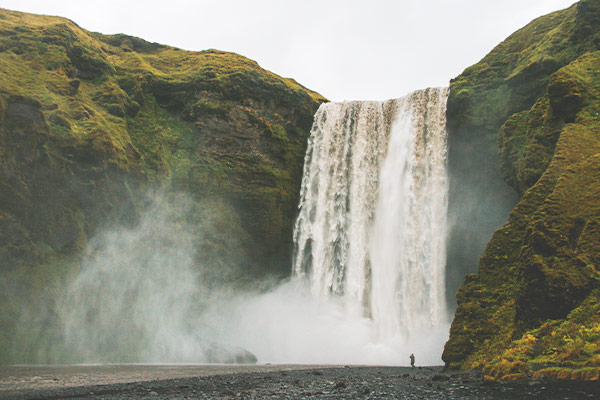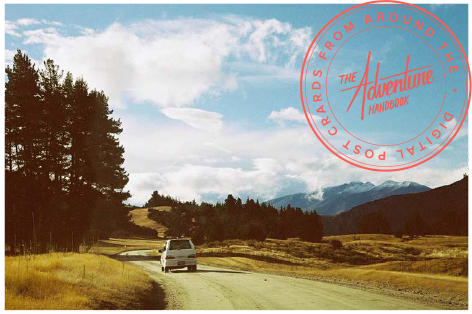John Feely is an Australian photographer based in both Sydney and Ulaanbaatar, Mongolia. The last few months have seen him back in remote Mongolia working on a personal project, a continuation of his ongoing series, “The Outsider”
I make a living from many different sources. Commissions, commercial and editorial work, selling editions of photographs, workshops and education. I assisted some of Australia’s best photographers for a few years and learnt my craft through them.
Photographically I try to find moments that are universal. Moments that are meaningful for anyone because they require no specific contextual information, cultural background or artistic preference to access.
I am most passionate about connectedness and relationships. Photographically I try to find moments that are universal. Moments that are meaningful for anyone because they require no specific contextual information, cultural background or artistic preference to access. In doing so, I attempt to bring people closer together through my work.
There is a certain vulnerability at the heart of what I try to achieve through photography. I am interested in other people’s ways and that requires me to be a learner and to be open to having my own world view expanded and questioned. It’s important for me to observe but also to authentically give something of myself as well. An exchange, most often non-verbal.
There is a certain vulnerability at the heart of what I try to achieve through photography.
When I travel I carry one camera and two lenses, and I shoot digital. The most important thing for me is that I use a camera that enables me to focus on what is in front of me as much as possible. Travelling light is a big part of this.
Initially I went to Mongolia because I wanted to experience what was beyond my own plans, with the belief that perhaps there was a wisdom out there beyond my own need to control, expect and need certain things and outcomes. I did this because living in this way was not working out for me. It was my way of dealing with something more than a planned adventure. It’s an ongoing process in many ways.
The point of the trip was to have no plan or expectation so in a way everything was unexpected. I chose Mongolia because I knew it was spacious and had traditional values that I had no experience with.
The point of the trip was to have no plan or expectation so in a way everything was unexpected. I chose Mongolia because I knew it was spacious and had traditional values that I had no experience with. I chose the airport I flew into because it was the furthest from Mongolia’s capital – in my mind this meant that it was probably the most isolated. Having no plan after landing meant I had minimal preconceptions and was left to simply observe what was actually in front of me.

The most interesting part of this is the relationship between what we perceive as good and bad. I eventually approached events with a lot of anticipation when things got tough because you know that a break or something positive will soon follow. It almost becomes a signifier that you are about to move into a space you haven’t experienced before. The hardest parts of the trip were often filled with a lot of self-judgement and doubt but this is often a necessary gateway to something fresh and new.
Lately I have spent some time with people who believe they are their ancestors. They believe they are the same entity passed down through bloodlines from one person to the next, mapped from generation to generation.
I learned the beginnings of a new way of living. It’s like training yourself to see everyday things in a more spacious way. I wish I could draw upon what I learned more frequently in my everyday life. I imagine it takes a lot of time to integrate experiences like this into everything we do at home.
Lately I have spent some time with people who believe they are their ancestors. They believe they are the same entity passed down through bloodlines from one person to the next, mapped from generation to generation. Believing that they always have this support and framework around them seems to promote such strong confidence and well being. It is a really a powerful thing to witness. They believe they are part of what is around them, what sustains them. Their individual needs are never detrimental to the needs of others or their environment. These three things work in unison because they are the same thing.
This really resonated with me and has made me more curious about my own ancestry and the ancestry of where I was born. Connecting with indigenous ancestry and culture in Australia seems like an obvious way to improve health, well-being, happiness and environmental sustainability for everyone that lives there. To recognise the meaning in this relationship, between ourselves and the land we are born on and sustained by, is an important part of progress – as important and effective as technological advancements in many ways. Unless you are curious about what else is out there it’s easy to not even consider that such connections could actually improve everyone’s quality of life.
Travel has given me some of the most incredible moments in my life. It has taught me that I don’t need much and have more than most. It shows me how powerful truly observing what is around you can be. It has shown me that there is no such thing as good and bad. Long-term travelling is a life choice because it has such a big impact on all other aspects of your life.
Try to receive not to impart. I am, and will always be, the least qualified to construct a narrative or tell a story about a place when I am the visitor. Today most people can visually document their ways with far more profundity than I could ever achieve. I can’t possibly be objective, I don’t think anyone can be, so what I try to share as an outsider is how transformative it is to be privy to the experiences of others and perhaps try to create value in the space between my experience and theirs. I can only do this by doing my best to receive what is in front of me. It is the opposite of having a concretised view of the world and searching for visual suggestions to support this. I think we often do this out of fear or a need for certainty and security that often simply doesn’t exist. I guess this is where vulnerability comes into the process.
I can’t possibly be objective, I don’t think anyone can be, so what I try to share as an outsider is how transformative it is to be privy to the experiences of others and perhaps try to create value in the space between my experience and theirs.
I often catch myself thinking “when I get home I will…”, but I try to travel without doing this. It’s easy to travel or photograph things for a desired outcome or product but it actually takes away your ability to perceive what is happening in front of you.
Receive a postcard from us sign up


